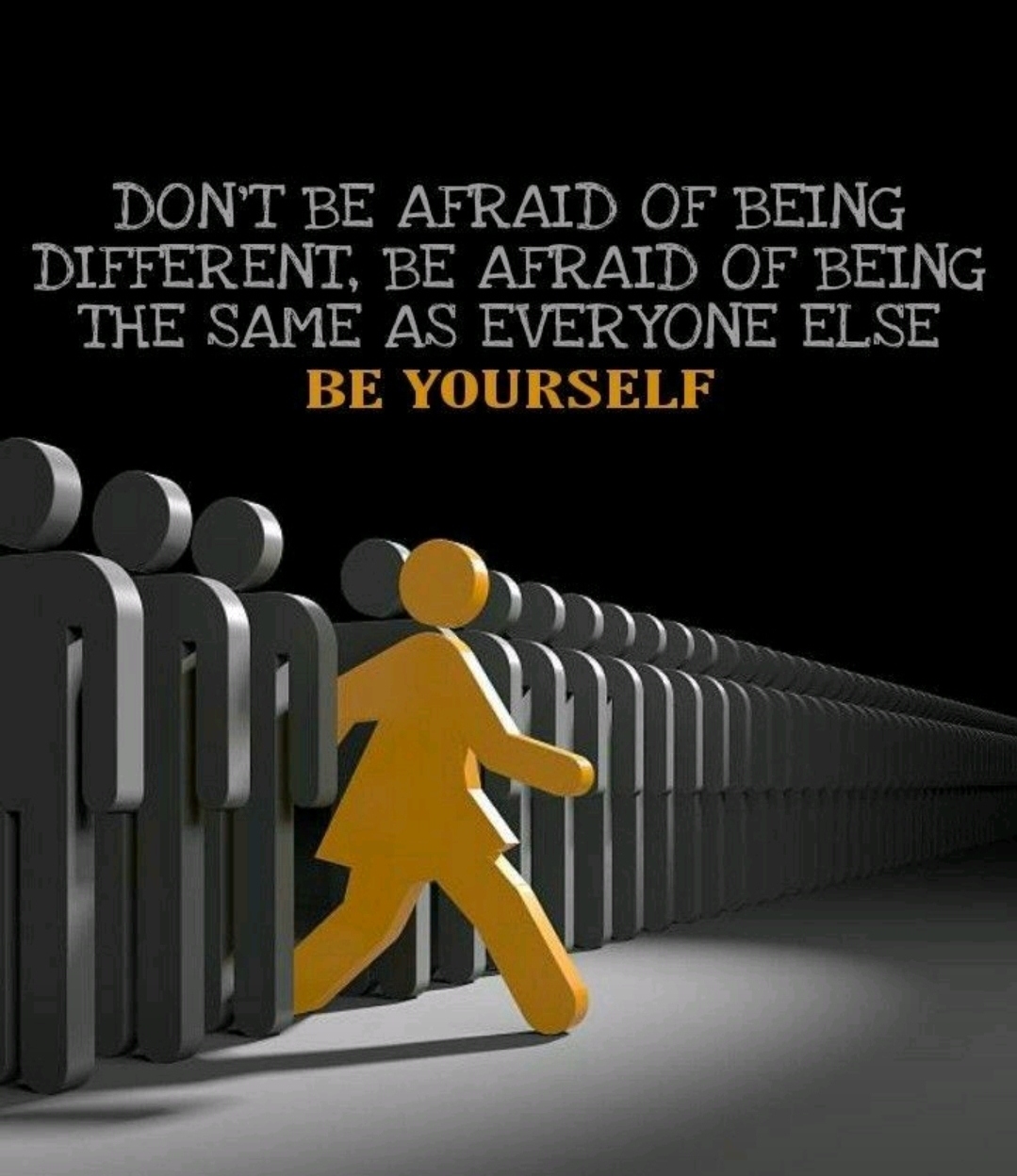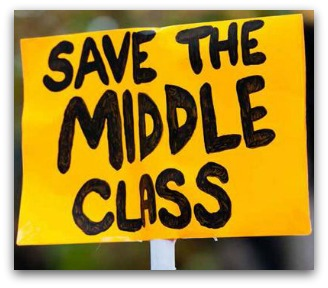Representation: can we over cook it?
It has been a while since I have got some thoughts down in a blog as I have been distracted by publishing a few things. I must admit, that not having to be constrained by referencing other people's work and ideas can be liberating. It's great to build on knowledge, but it's equally important to just express thoughts and feelings with autonomy. If you don't have a blog, I would recommend it for expressing yourself, even if nobody reads your thoughts, it's good to get them down in words. But if you are reading this, welcome and thank you.
I've been reflecting alot on how we use the word representation. It is often used to explain the value of diversity in various positions of power, in different levels of institutions and even in sport, punditry, etc. Joey Barton is currently having some kind of middle aged outburst in his refusal to value women reporting on football panels, whether on BT, Sky Sports and other platforms. Personally, I don't see his argument that women shouldn't analyse men's football. I don't see any correlation between sex and good or bad punditry the way he does, but he has brought the discussion to the table, even if not always in a positive way.
However, women analysing men's football isn't the reason I wanted to get some thoughts down in black and white. My thinking recently is more towards representation as a tool to ensure certain groups in society believe they can get into positions of power, authority or even just to escape the constraints of poverty or social marginalisation. It is often posited that if women see women in such influential positions, it can instil a belief in girls and women that they can achieve those things and there is no glass ceiling. That if Asian, Black Minority or other groups see people like them in such positions, it can inspire them to see that they too can become whatever they want.
If you have any knowledge of my personal experience, you will know that as someone with experience of being in care, being excluded from school, addicted to drugs and being incarcerated, I have always advocated for people with such experiences to be employed by the justice system as mentors and as visions of hope. However, as I'm getting older and losing more hair on my head, I'm considering whether representation is everything I previously believed it to be, or is it overcooked as a mechanism that can address inequitable outcomes for disadvantaged groups.
I had been reflecting on this for some time, but Samantha Mortons Bafta speech made me dig deeper into my thick wave of thoughts to examine what my feelings were on the notion of representation, and left me questioning - where does the capital for representation actually land if we look beyond the rhetoric.
Indeed, if we look to what is conceptualised as 'insider' - 'outsider' literature in research approaches, known as posionality, what we find is quite interesting. Although, there is a solid argument that researching a community you identify with, or have been a part of does in fact have insider benefits. It can potentially provide you with some knowledge that an outsider can't access due to your position. It can also mitigate the privilege or power - both historical and present - that can play out between reseacher and researched, especially when researching vulnerable groups or marginalised communities.
However, there is also a solid argument to say once you are a researcher, whether you have been a member of the group you are researching or not, you now have power and privilege. There is also the issue of never being able to claim complete insider status, as no one group are homogenous. If you are a male ex-prisoner for example, you may find yourself researching female prisoners, and therefore not be able to claim insider status. You may be a female sex worker, but research black female sex workers, therefore, you will be an outsider, even though you experienced a similar experience. Robert Merton (1972), an American Sociologist argued that to be a true insider, you would only be able to research yourself through this lens, as no two people have the same experience.
"So what are you going on about, Andi" I hear you ask. When I heard Samantha Mortons speech about representation mattering as a succesful care experienced person, it made me reflect on my own experience and thoughts on this matter. I am care experienced, yet didn't feel the same level of pride my fellow care experienced peers felt when they shared Samantha's speech on social media as if it was a moment of enlightenment for all care experienced people. You see as someone who spent more time in prison than I ever did in care, I have a stronger identity link with my incarceration experience than I do my care experience. That's fine as I am sure many of those who felt moved by the speech identify strongly with their care experience, and again, that is to be expected as we're all different.
But all this got me to thinking that we may be overcooking representation, in the same way as insider researcher. Of course, representation is a positive thing, and I do believe that 'if we can see it, we're more likely to be it.' But, as with my identity being made up of far more than my care experience, it leaves me cross referencing this with Mertons thoughts on insider outsider researchers. There is capital for many people suggesting that they can be 'representation' for socially excluded groups. But in a neoliberal society, where everything is commodified, we always have to wonder, where that commodified capital lands. Does a black CEO actually benefit black people in prison anymore than Margaret Thatcher benefited women as a Prime Minister. Or is the position that it can only be if the person of success actually does something for their group, which isn't actually representation, its a form of activism, which can be done by outsiders.
I'm going to stay on the fence and suggest that representation is a positive thing overall. On the other hand, when it comes to those pushed to the margins of society, they are likely to construct identities that are a result of their social exclusion. Therefore, just because you may believe you have a similar experience, or even characteristic, be mindful that if you're suggesting you're a beacon of hope for them, just reflect on what's driving that belief, and is there a benefit to you making such a claim, even if done with good intentions. After all, we should ask whether we have been granted permission from that group to make such a claim - especially if we do benefit more than them!
These are thoughts and reflections, and don't come with a one size fits all position. Thanks for stopping by!
Andi Brierley
Merton, R. K. (1972). Insiders and outsiders: A chapter in the sociology of knowledge. American journal of sociology, 78(1), 9-47.



Comments
Post a Comment